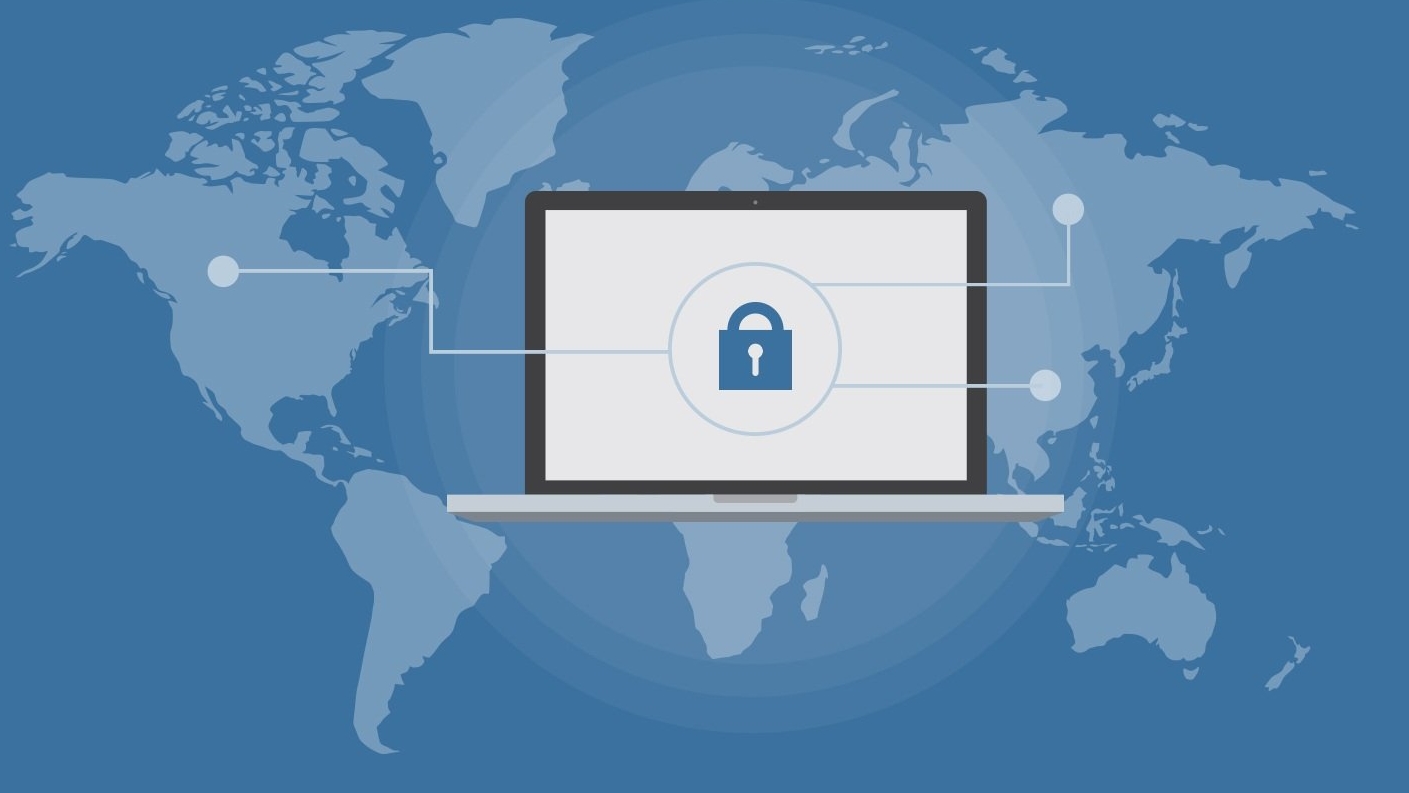Now that the Protection of Personal Information Act (POPIA) is in full effect and your business has sent out emails asking customers to opt-out of marketing if they are no longer interested, job’s done right?
Well not exactly or rather, not even a little bit.
The Act requires that any entity processing data does so in a manner that complies with the eight conditions for lawful processing of data.
This means that business owners and operators need to insure that this compliance is adhered to across the business. This becomes tricky when data and data processing happens in different ways within different divisions in a business.
“In many organisations, customer data sits within disparate silos, controlled by different departments. So, for example, an organisation’s billing department might have different information about a specific customer than the marketing department has. That siloed data can also make it difficult to understand when a single person interacts with the organisation across multiple devices and platforms,” says account manager at Liferay Africa, Greg Gatherer.
What is needed is a unified view of a business, the data it uses and the processes which make use of the data.
One way to do this is through a digital experience platform (DXP).
“Put simply, a DXP is a digital integration platform, designed to simplify the digital transformation process for organisations and improve the overall customer experience. The platform allows businesses to digitise business operations, deliver a consistent customer experience across all channels, and gather insights on customers. And most importantly, unifying customer profiles irrespective of the channel that they are engaging through,” says Gatherer.
“Ultimately, the goal of a DXP is to help companies provide the best possible digital experience to its customers, employees, partners and other stakeholders managing the user profiles and the data associated with it in compliance with POPIA and GDPR. It does this by simplifying the integration of digital tools, enhancing self-service capabilities, and improving collaboration and knowledge sharing,” he adds.
We should point out though that simply using a DXP doesn’t make you POPIA compliant. What a DXP does do is it make it easier to oversee the data and insure that it isn’t exposed, or at risk of being used or accessed improperly.
Some features Gatherer suggests you look for in a DXP include support for things like HTTPS and strong encryption standards. You should also find a solution that meets your business needs.
“Far more important is ensuring that your customers’ data is protected on an ongoing basis. While failing to do so within the bounds of POPIA could cost your organisation dearly, the tools that make compliance easier could also result in a greatly improved experience for your customers. That in turn comes with multiple benefits, including loyalty and increased spend, resulting in a positive impact on your bottom line,” Gatherer adds.
As we’ve mentioned before, if POPIA seems confusing or you aren’t sure about compliance, it’s best to consult an expert.
With that having been said, if the data you use is scattered and hard to monitor, a DXP is something worth considering.
[Image – CC 0 Pixabay]

